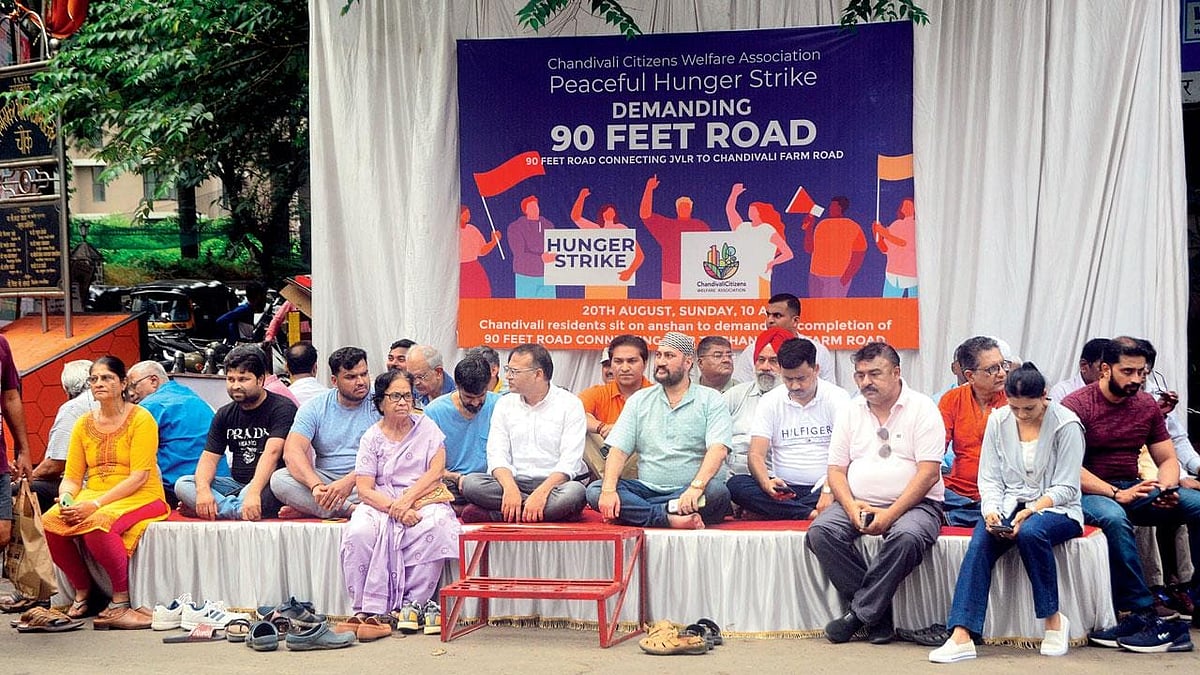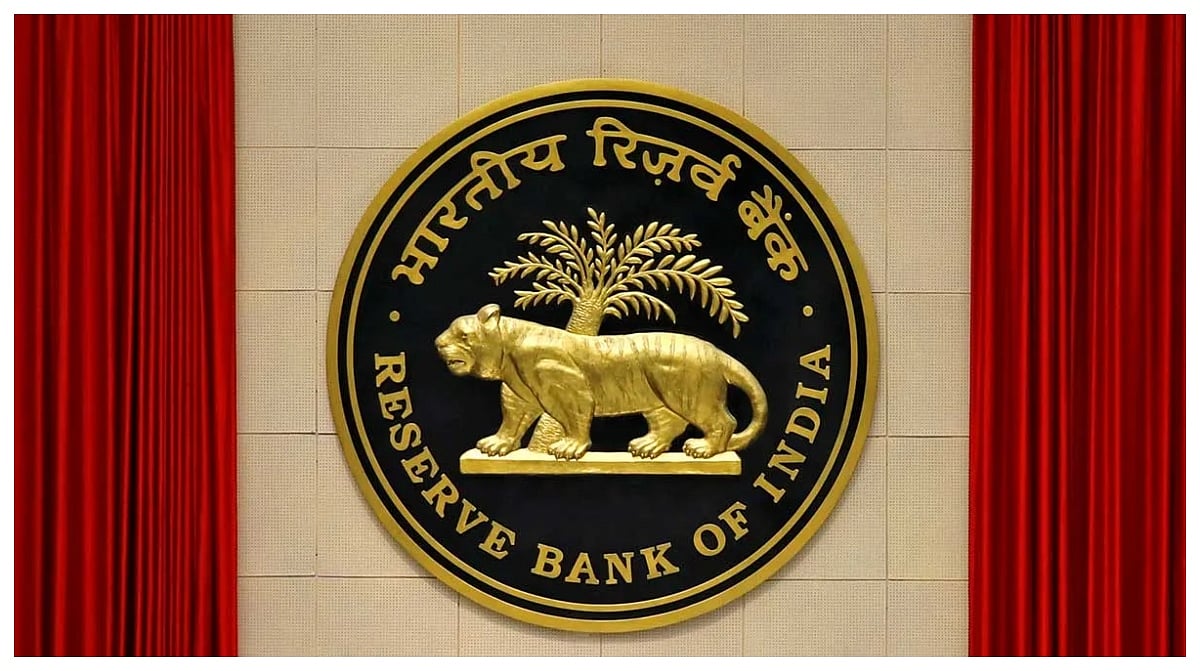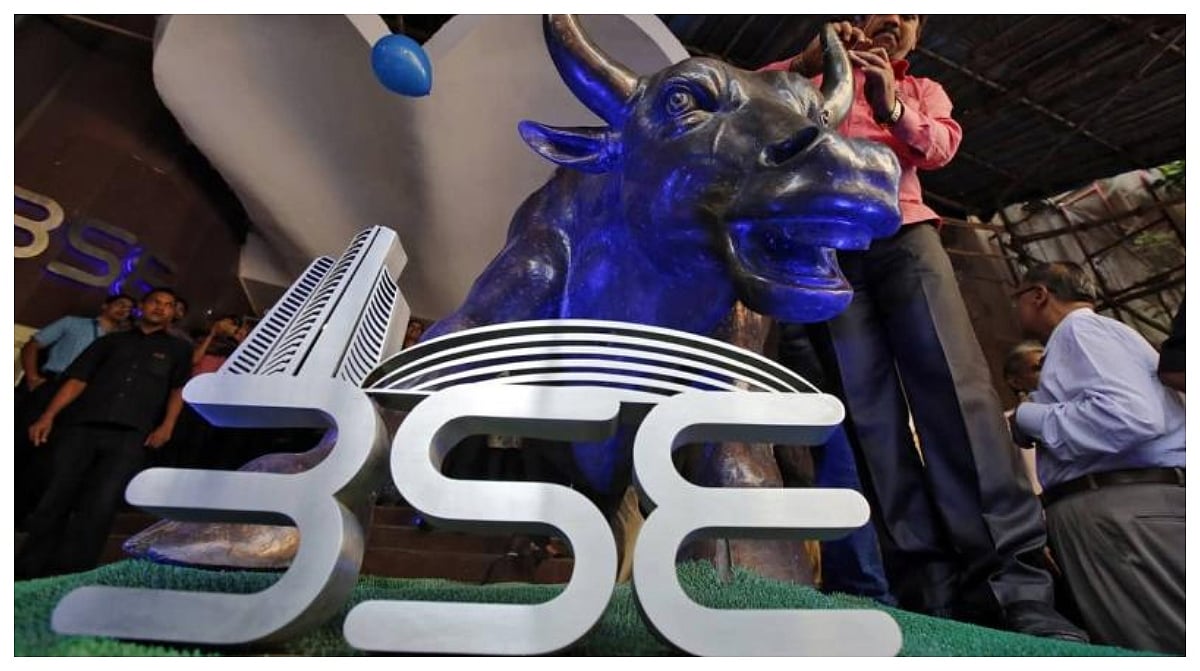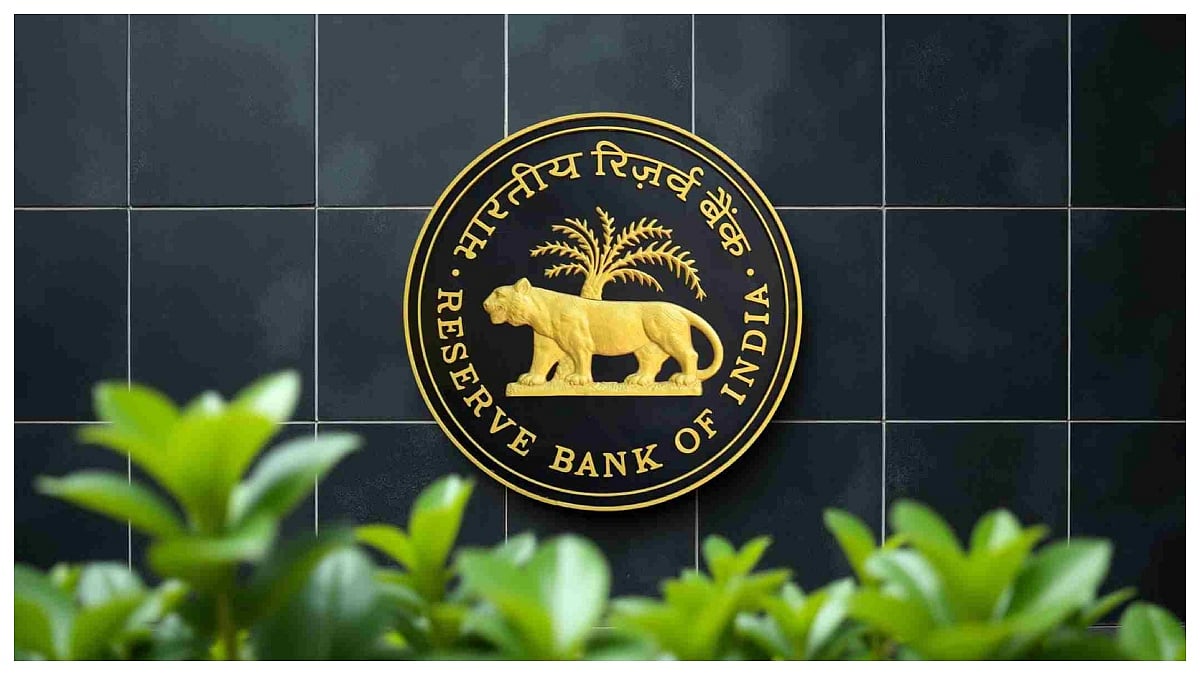The Silicon Valley Bank collapse sent shockwaves across the global banking sector and also raised concerns about Indian startups who had accounts with the lender. But Indian public sector bank stocks suffered a dip after Signature Bank also succumbed, and Credit Suisse reached the brink of a crash as well.
In the aftermath of this crisis, Finance Minister Nirmala Sitharaman met bosses of state-owned banks, and urged them to spot stress points and create safeguards.
Called on banks to be cautious despite resilience
The meeting came a day after the government sought data on the bonds in which lenders had invested.
Sitharaman also stated that public sector banks are resilient and stable, while she asked them to prepare for financial shocks.
Confidence in the stability of India's PSBs has been reiterated S&P Global Ratings, which called them fit enough to resist contagion from the global banking crisis.
What insulates Indian banks?
Government support has been cited as a major strength for Indian lenders by the ratings agency, along with a high savings rate.
Indian banks are also required to hold at least 18 per cent of their assets in the form of gold or cash, which insulates them from an SVB-like fate.
Bonds held by the lenders came under the scanner, since investing too much in long-term bonds led to losses and lack of liquidity for SVB and Signature Bank.









